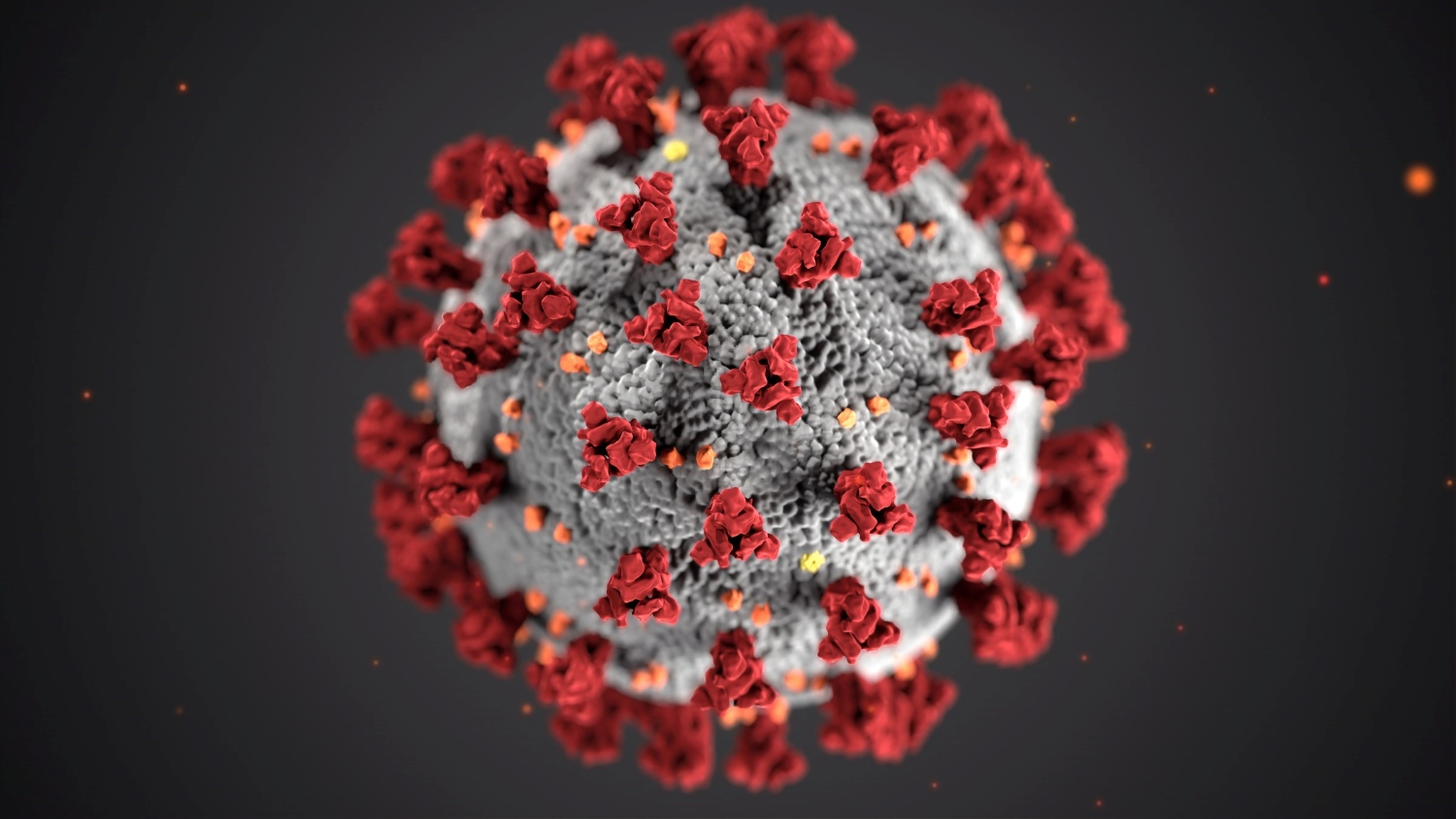On 14-15 November, the CoVaLux team organises a conference on campus Belval dedicated to the latest research on COVID-19, future threats and how Luxembourg is contributing to global efforts in pandemic preparedness. An opportunity to delve into new scientific findings, discuss their implications, and explore strategies for better diagnosing, treating and preventing both COVID-19 and Long COVID.
CoVaLux is a coordinated effort at the national level to address key questions related to COVID-19, vaccination and the longer-term health consequences of the disease. This collaborative research programme involving scientists from the university, several other research institutions and clinical partners, highlights Luxembourg’s interdisciplinary approach to tackling the pandemic. Led since 2021 by Prof. Paul Wilmes at the Luxembourg Centre for Systems Biomedicine (LCSB) and Dr Guy Fagherazzi at the Luxembourg Institute of Health (LIH), it sits at the crossroads of immunology, psychology, epidemiology, digital health, social science and public health.
A multidisciplinary conference and recent findings
“With this event, we want to provide a comprehensive view of current pandemic research, engage with some of the leading experts on the topic and underline the importance of continued research to better understand the persistent impact of the SARS-CoV-2 virus on our societies,” explains Prof. Wilmes. “This is how we can develop targeted interventions to mitigate its effects and be better prepared when the next pandemic comes.”
Over two days, the event features a series of presentations by national and international specialists, including keynote speakers Dr Guillaume Dedet, from the Organisation for Economic Cooperation and Development (OECD), on supporting Long COVID patients and Prof. Jeroen den Dunnen, from the Center for Experimental and Molecular Medicine in Amsterdam, on autoimmunity as a cause of Long-COVID. Talks focusing on CoVaLux research projects that already produced significant findings complete the programme, with topics ranging from patients’ classification for better care to COVID-19 impact on mental health.
Long COVID, a complex disease
A first project, based on the Predi-COVID cohort, focused on the impact of initial COVID-19 severity on long-term health. It revealed that those who experienced more severe cases of COVID-19 during the acute phase are more likely to report ongoing symptoms one year later. Neurological, cardiovascular, and gastrointestinal symptoms were identified as clusters, suggesting the complexity and multifaceted nature of Long COVID. Along these lines, another study identified three distinct patterns of Long COVID symptoms in the Luxembourg population. It will help stratify patients into categories based on the severity of their symptoms, from mild cases to more severe, persistent conditions. The findings emphasise the need for personalised care and targeted treatment plans.
From microbiome to mental health, the multiple impacts of the virus
Researchers also found that COVID-19 significantly impacts the gut microbiome, with patients showing an increased expression of virulence factors and antimicrobial resistance genes. These changes may play a role in the progression of the disease and its long-term consequences. The SARS-CoV-2 virus not only alters the microbial communities in the digestive tract, it impacts mental health as well. Indeed, a new study shows a significant correlation between Long COVID symptoms and deteriorating mental health. These results highlight how COVID-19 patients, particularly those with ongoing symptoms, are more likely to experience increased stress, anxiety, depression and sleep disturbances. They also underline the need for mental health support as part of Long COVID care.
Assessing vaccines to better fight new variants
Finally, in the framework of CoVaLux, researchers developed a test to measure how well vaccines protect against different variants of the SARS-CoV-2 virus, including Delta and Omicron. This variant-adapted neutralisation test allows scientists to accurately assess whether vaccinated individuals have sufficient immune protection against new and evolving strains of the virus. This tool has been crucial for understanding how the virus changes over time and how well existing vaccines continue to work against emerging variants. This project is part of many innovative research collaborations that contribute to pandemic preparedness, helping Luxembourg to be ready to manage future outbreaks and participating to the global efforts in the field.
— — —
The CoVaLux institutional team

CoVaLux involves a consortium of Luxembourgish research institutions:
– Research Luxembourg
– LCSB
– LIH
– Integrated Biobank of Luxembourg
– Laboratoire national de santé
– LISER
– LIST
– Centre Hospitalier de Luxembourg
– Centre Hospitalier Neuro-Psychiatrique
